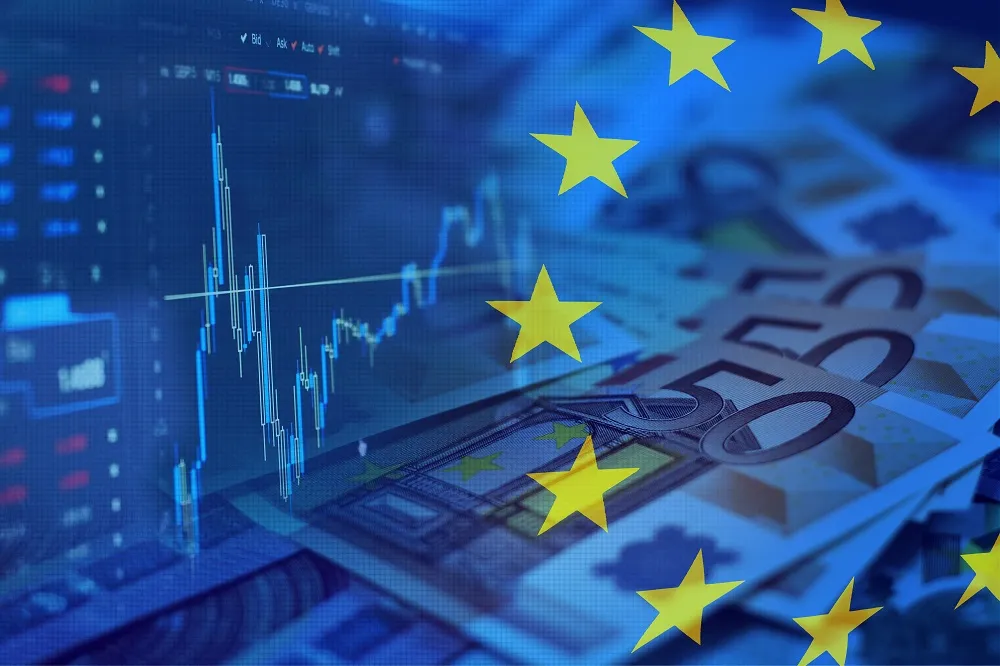The European Union’s economic policies are showing strong positive results, improving trade and financial stability across its member nations. Recent reports indicate that coordinated policy efforts have strengthened the EU’s economic outlook and supported growth in key sectors.
EU leaders have focused on strategic measures to enhance trade agreements, increase investment, and stabilize financial markets. These policies aim to foster sustainable growth while protecting member countries from global economic shocks.
Trade between EU nations has grown steadily, with exports rising across major industries, including technology, automotive, and renewable energy. Analysts say these improvements are a direct outcome of the union’s streamlined trade policies and coordinated economic strategies.
Financial stability has also improved. EU policies on fiscal responsibility and investment incentives have created a more resilient economic environment. This approach has helped countries recover faster from market fluctuations and maintain steady growth rates.
Experts note that EU economic policies now emphasize long-term development. Programs supporting innovation and digital transformation are boosting productivity. In addition, environmental initiatives are being integrated into economic planning, creating a more sustainable growth model.
Member nations are benefiting from increased foreign investment. Investors are showing confidence in the EU’s unified economic framework, attracted by predictable regulations and coordinated policy measures. The inflow of capital is supporting business expansion and infrastructure projects across Europe.
The EU’s focus on inclusive growth is also visible in social programs. Policies aimed at improving employment rates, education, and social welfare are helping to balance economic gains with societal well-being. Economists highlight that this approach strengthens both domestic markets and the overall union.
Consumer confidence in the EU has risen, reflecting stability in job markets and rising wages in several countries. Retail and service sectors have seen steady growth, and small businesses are benefiting from new funding programs and reduced regulatory barriers.
In international trade, the EU has secured key agreements that strengthen economic ties with major partners worldwide. These deals support export growth and open new markets for European products, while reinforcing the EU’s position in the global economy.
Economic analysts predict that the continued focus on innovation, sustainability, and fiscal coordination will maintain the EU’s positive trajectory. By combining short-term recovery measures with long-term strategies, the union aims to secure a resilient and competitive economic future.
The success of these policies reflects the EU’s ability to coordinate complex economic strategies across diverse member nations. With a clear focus on growth, stability, and innovation, the European Union continues to strengthen its economic position globally.


